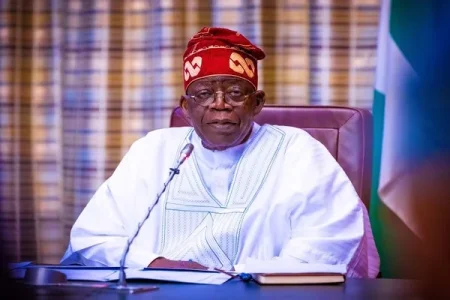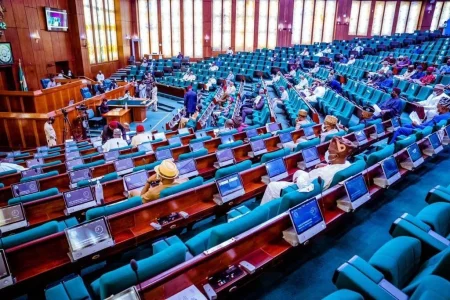
President Bola Tinubu has ordered the disbursement of ₦155 billion for nationwide foodstuff purchases to combat food insecurity. The initiative includes ₦50,000 uplift grants for families and prioritizes key infrastructure projects to boost agricultural productivity, aiming to provide immediate relief and long-term solutions for Nigerians.
President Bola Tinubu has announced a significant economic measure, approving the disbursement of ₦155 billion for nationwide food purchases and distribution. This decision, made during a National Economic Council meeting, aims to address rising food prices and economic hardships faced by Nigerians.
The initiative is part of a broader National Construction and Household Support Programme, which includes infrastructure projects and direct financial support to families. Tinubu emphasized the urgent need to boost food production, highlighting the strategic importance of the Sokoto-Badagry Highway project in connecting key agricultural regions.
In addition to the food purchase program, the government plans to provide ₦50,000 grants to 100,000 families per state for three months and allocate ₦10 billion to states for bus procurement and CNG conversion.
Tinubu urged state governors to collaborate closely on agricultural reforms, offering support for mechanization and high-quality seedlings. He stressed the importance of domestic food production for job creation and potential export opportunities.
However, public reaction to this announcement has been mixed. While some view it as a necessary relief measure, others criticize it as a short-term solution that doesn't address underlying economic issues.
Critics argue for more sustainable solutions, such as reinstating fuel subsidies or focusing on long-term agricultural development and security for farmers. The government's approach has been labeled by some as a "palliative government," reflecting a perception that it's relying too heavily on temporary relief measures rather than structural economic reforms.
As the program rolls out, its impact on food prices and economic conditions will be closely watched, with many Nigerians reserving judgment until they see tangible results in their daily lives.




